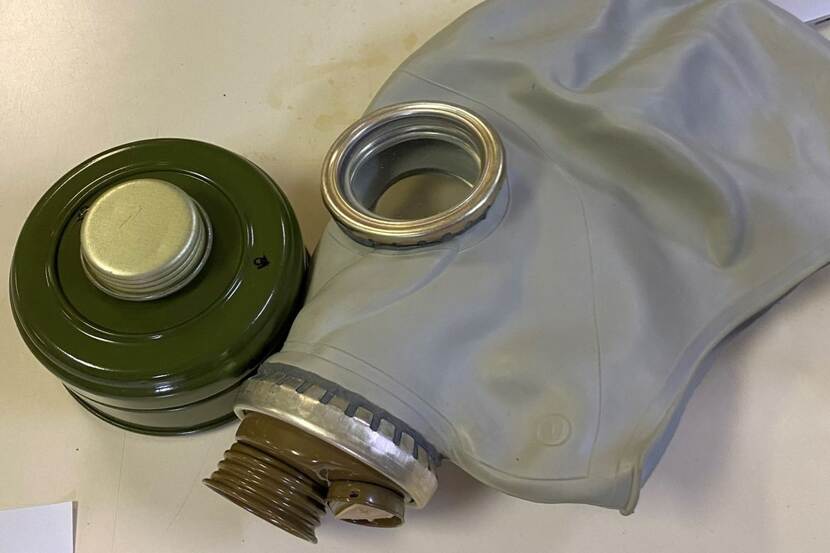International regulations apply to the transport of packaged dangerous goods by sea. There are also requirements for loading and unloading packaged dangerous goods. In the Netherlands, the Human Environment and Transport Inspectorate (ILT) checks whether carriers comply with the rules.
The ILT cooperates with: Douane (Customs), Municipal port authorities, Politie, Landelijke eenheid (The Netherlands Police, Central Unit), Rijkswaterstaat (Directorate-General for Public Works and Water Management) and Nederlandse arbeidsinspectie (Netherlands Labour Authority).
Dangerous goods
- Goods in packaged form
These are described in the International Maritime Dangerous Goods Code (IMDG Code). - Liquid chemicals
These are described in the International Bulk Chemical Code (IBC Code). - Bulk solids
These are described in the International Maritime Solid Bulk Cargoes Code (IMSBC Code). - Gases
These are described in the International Gas Carrier Code (IGC Code). - Packaged nuclear materials
These are described in the International Code for the Safe Carriage of Packaged Irradiated Nuclear Fuel, Plutonium and High-Level Radioactive Wastes on Board Ships (INF Code).
Reporting incidents and accidents
In the event of an incident involving dangerous goods that jeopardises public safety, you must report it to the ILT. Please use the reporting form (in Dutch).

